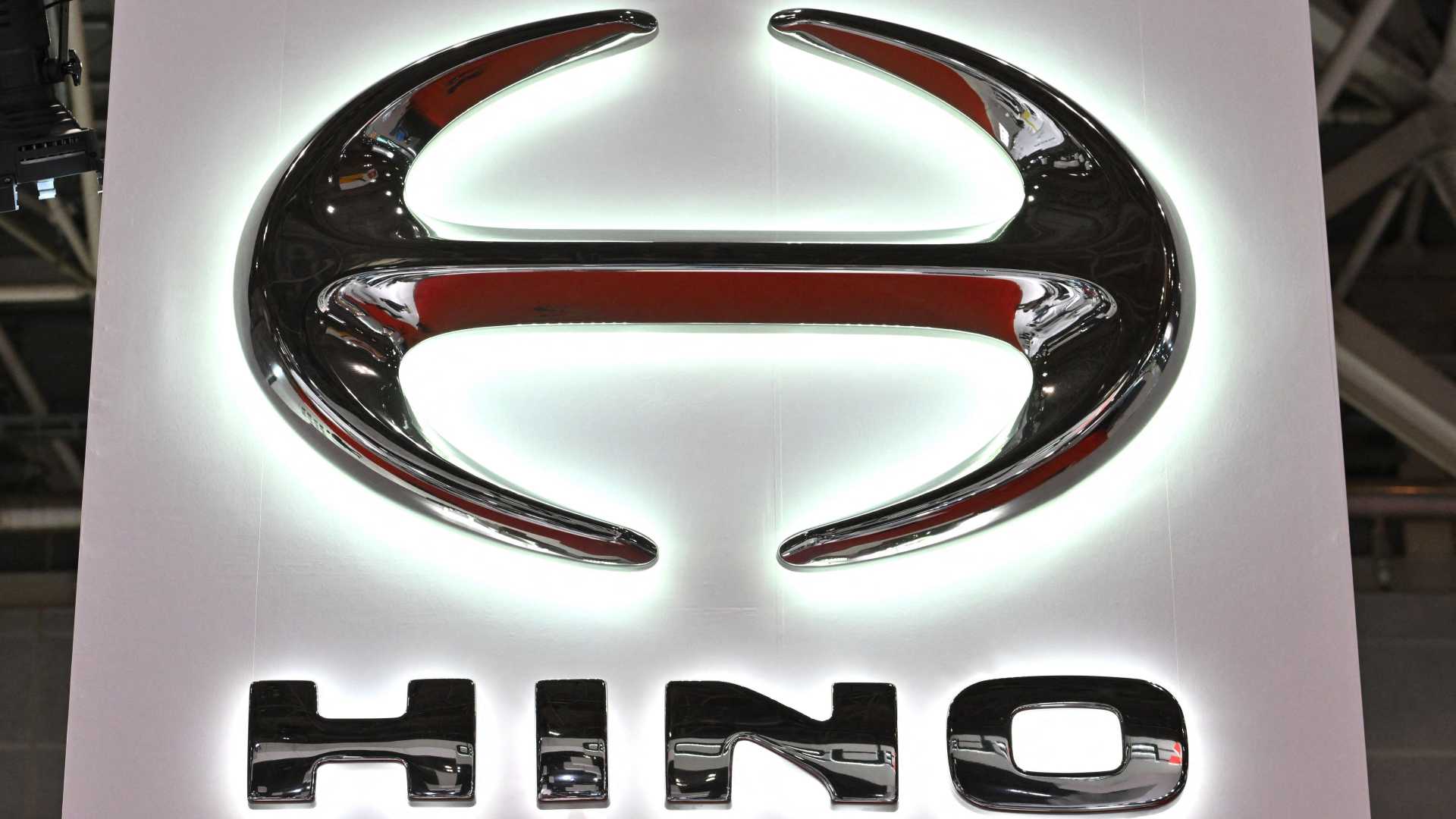Business
Hino Motors to Pay $1.6 Billion in Emissions Fraud Settlement

DETROIT, Mich. — Hino Motors, a subsidiary of Toyota, has agreed to pay $1.6 billion and plead guilty to federal charges of falsifying emissions data for over 100,000 diesel engines sold in the U.S. between 2010 and 2022. The settlement, which requires court approval, includes a five-year ban on exporting diesel engines to the U.S. and mandates a compliance and ethics plan.
The U.S. Justice Department accused Hino of engaging in a “criminal conspiracy” by submitting “false and fraudulent” emissions and fuel consumption data to regulators. FBI Director Christopher Wray stated, “Hino Motors engaged in a years-long scheme to alter and fabricate emissions data in order to get a leg up over its competitors and boost their bottom-line.”
As part of the settlement, Hino will recall some heavy-duty trucks and replace marine and locomotive engines to offset excess emissions. The company will also fund hybrid and zero-emission buses and trucks in California. Hino reported an extraordinary loss of 230 billion yen ($1.48 billion) in its second-quarter financial results to cover the costs of the settlement.
Hino’s CEO, Satoshi Ogiso, apologized to customers and stakeholders, stating, “We take this resolution seriously and will ensure that the field fix, the Environmental Mitigation Program, and further strengthening of our compliance system … are implemented.”
This case is the latest in a series of emissions scandals involving automakers, including the infamous “Dieselgate” scandal that implicated Volkswagen and its subsidiaries. Volkswagen has paid over 30 billion euros ($30.9 billion) in fines, recalls, and compensation since 2015.
California regulators, who played a key role in uncovering the fraud, emphasized the importance of accurate emissions data. Acting EPA Administrator Jane Nishida said, “Hino’s actions directly undermined EPA’s program to protect the public from air pollution.”
Hino’s settlement marks a significant step in addressing emissions fraud, but it also highlights ongoing challenges in enforcing environmental regulations in the automotive industry.












